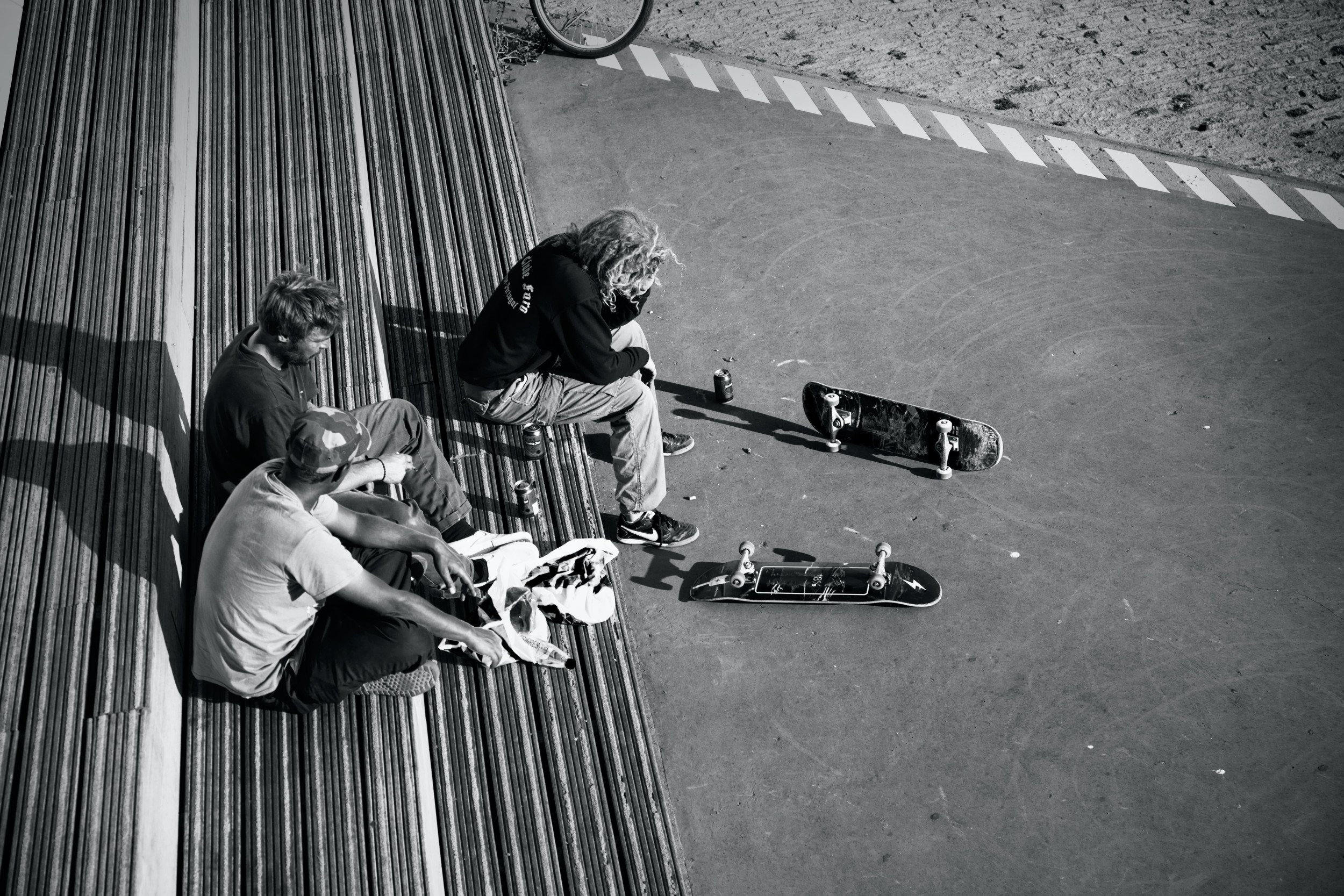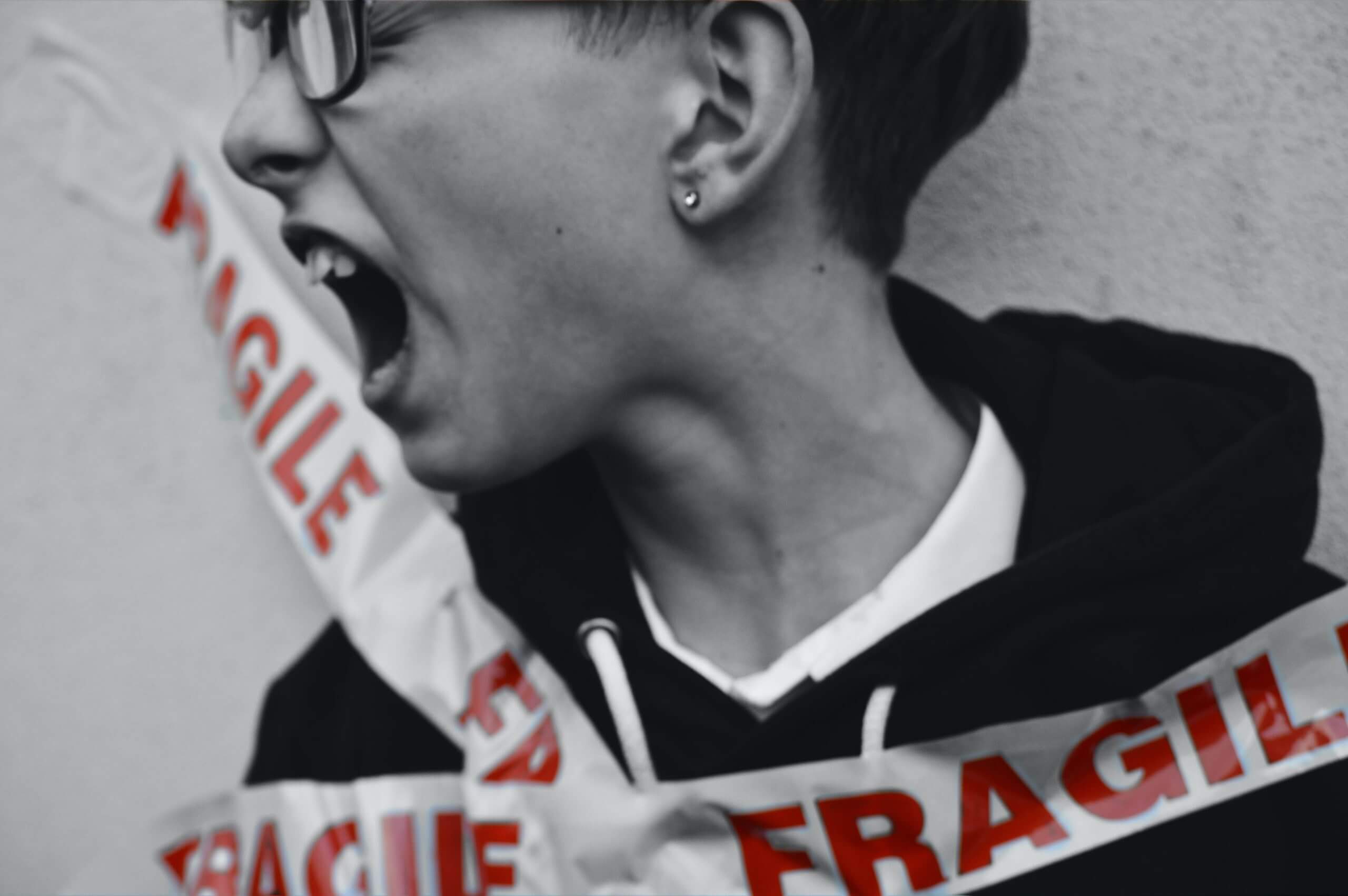Though conflicting studies argue whether the opioid epidemic is trending higher or lower among teens, certainly opiate abuse plagues the U.S. overall. The Centers for Disease Control and Prevention reports opioids cause over 60 percent of overdose deaths, with heroin as a large contributor to that number. The death rate has quadrupling since 1999. The CDC shows another quadrupling statistic: the number of prescriptions sold. Both increases began in 1999. Predictably, deaths from abusing prescription opioids have also quadrupled. 91 Americans die daily from opioid abuse.
Other studies show that the more doctors regulate their distribution, and the more parents take responsibility for their prescriptions, the overdose rate among teens drops. No matter how the data is translated, the U.S. has a significant opioid problem. Unfortunately, that cultural problem can invade our own homes and can be even more devastating when addiction strikes teens as they let their curiosity gain victory over their better judgement. If this happens, help is available. Boot camp, therapeutic boarding schools and residential treatment programs have positives and negatives but provide options to care for addicted teens.
Boot-Camp-Style Drug Treatment Programs
This treatment is just like it sounds and models treatment after the military. This option requires a complete buy-in from the teen and can be traumatic. However, the lower cost might attract parents who are limited by their financial situation. The positives include:
- Requires obedient behavior
- Fosters respect for authority figures
- Teaches life skills
- Short duration and
- Comparatively affordable.
However, boot camp programs can also be problematic:
- Approach is not widely successful
- Does not tackle addiction issues specifically
- Many participants are forced, which might result in high failure rates and
- Often relies on outside drug addiction treatment and other behavioral programs.
Therapeutic Boarding Schools
Therapeutic boarding schools take up to two years away from home in a community-based structured academic environment that facilitates treatment through an individual plan. Students can earn a high school diploma and engage in extracurricular activities within the school. Some positives follow:
- Emotional growth
- Individual and group sessions
- Transition programs for reintegration to society and
- Research-based results.
Therapeutic boarding school negatives include:
- cost
- time spent away from home
- separation anxiety
Residential Treatment Centers
Residential treatment centers are more intense, lasting a much shorter time than a boarding school, yet longer and less intense than a boot camp style treatment. They specialize in difficult cases, yet provide both safety and structure. Positives include:
- Safe
- Works well with teens diagnosed with behavioral disorders
- Research proven
- Viable option when less intense programs fail
However, some are very expensive and not all offer an academic component
Moving Forward
Though facing addiction certainly disrupts life, causing unique challenges, teens can still survive and thrive. These three options give hope but demand evaluation based on the teen’s individual situation. If money is the biggest constraint, a boot camp might be the best option, yet might backfire as well. Seek professional advice before enrolling to ensure the teen’s safety. For others, time, behavioral disorders and education, along with other individual concerns, need to be weighed before choosing residential treatment or a boarding school.











0 Comments